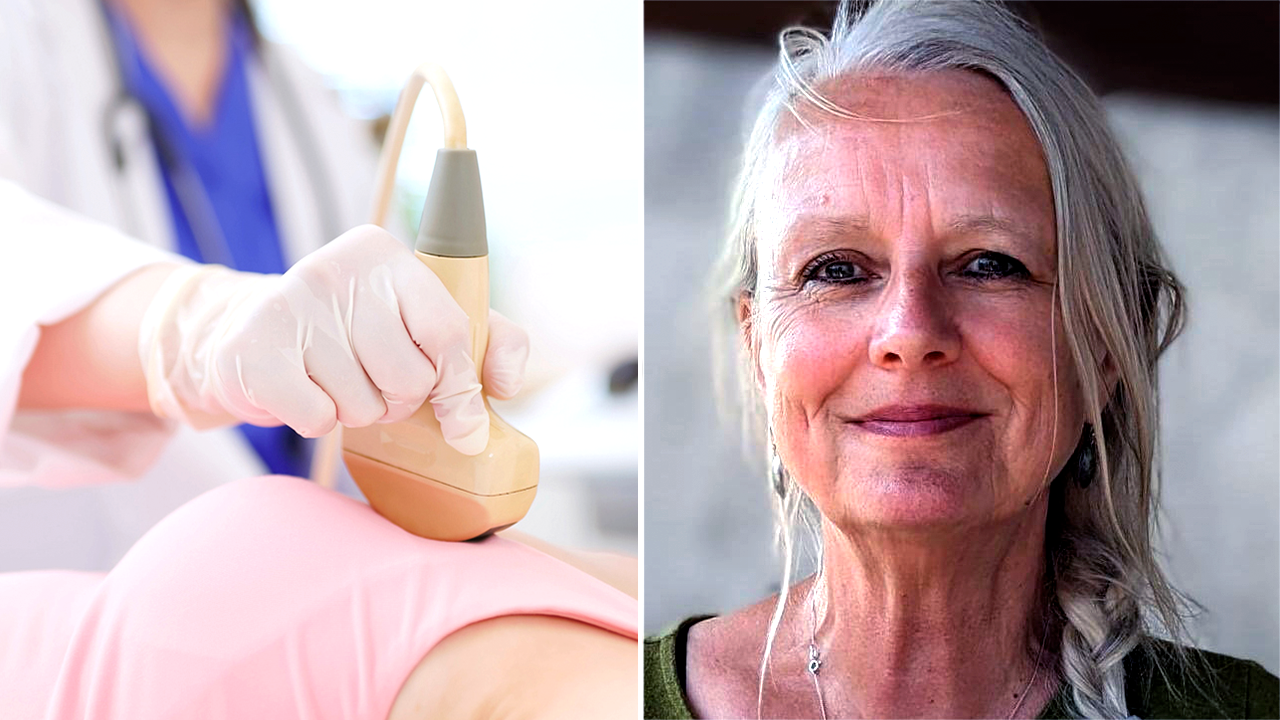- Scientists recently researched mice to see what impact ketogenic diets have on the internal body organs.
- People who follow a ketogenic — or keto — diet typically consume foods that are higher in fat and lower in carbohydrates.
- While people following this type of diet often lose a significant amount of weight in a short timeframe, medical experts are concerned about the potential risks of keto diets.
- The scientists in the current study found that mice on ketogenic diets experienced increased rates of cellular aging in their body organs.
Researchers from UTHealth San Antonio, TX, recently published a paper in Science Advances looking at the effects of ketogenic, also known as “keto,” diets on mice.
With the
Some hallmarks of the keto diet include eating higher amounts of fats while reducing the intake of carbohydrates.
The researchers who conducted the current study took a closer look at ketogenic diets by experimenting on mice to see what impacts the diet has on health. They were primarily interested in whether the diet contributes to cellular senescence.
Their findings showed that when comparing a group of mice on ketogenic diets to mice in a control group, the mice on the ketogenic diets experienced higher rates of aging in their body organs.
The
- 55 to 60% of calories from fats
- 30 to 35% of calories from protein
- 5 to 10% of calories from carbohydrates (20 to 50 grams of carbs).
To compare this to the Food and Drug Administration (FDA) recommendations, the FDA recommends that fewer than 10% of people’s calories come from saturated fats, which are the type of fats found in beef, butter, and pork.
The FDA does note that people should focus on foods that are a source of unsaturated fats — such as fish, avocado, and walnuts — since they may help with cholesterol management.
Additionally, the FDA recommends that people consume 275 grams of carbs per day, which is significantly higher than the carb intake recommended for the keto diet.
This study involved testing the effects of consuming a diet high in fat in mice. One group of mice served as the control group and ate a diet with a caloric makeup of 17% from fat, 25% from protein, and 58% from carbohydrates.
The test group mostly ate Crisco, which contained 84% unsaturated fat and 14% saturated fat. In the Crisco group, 90.5% of calories came from fat (notably higher than the standard keto diet), 9.2% of calories came from protein, and 0.3% of calories came from carbohydrates.
The mice began eating their assigned diets between 35 and 42 days old, and they continued with their diets for either 7 or 21 days. At this point, the researchers euthanized the mice and evaluated them.
The researchers monitored various health markers in the mice, such as ketones, glucose, insulin sensitivity, triglycerides, low-density lipoproteins, and high-density lipoproteins. They also checked samples of the heart, liver, and kidneys for evidence of damage.
The scientists saw that in some of the major body organs, including the heart and kidneys, the ketogenic diet contributed to cellular aging.
The mice in the Crisco group had a buildup of senescent cells which are old cells that stop dividing but do not die off.
According to the
When senescent cells do not die off, this can lead to inflammation, organ damage, and contribute to the
The researchers were curious how the mice from the Crisco group would compare to a group that consumed a different ketogenic diet and tested these mice with cocoa butter. Cocoa butter has more saturated fat than Crisco (40% unsaturated fat and 60% saturated fat).
The cocoa butter group also showed evidence of organ damage and cellular senescence.
Delving into the issue further, the researchers learned that the cellular senescence process was likely tied to the proteins AMPK and p53. When the researchers blocked the pathways of these proteins, the mice did not have the same levels of cellular senescence.
The scientists were also curious as to whether cellular senescence was reversible, so they tested more mice on a ketogenic diet, checked their biomarkers, and found that given time, the cellular aging markers decreased after quitting the diet.
While ketogenic diets may cause damage, the research shows that it is possible to manage this either through medications that block certain proteins, or through adhering to the diet intermittently.
Scott Keatley, a registered dietician and owner of a private nutrition practice in New York City, not involved in this research, spoke with Medical News Today about the study findings.
“The findings are significant as they provide a mechanistic understanding of how long-term ketogenic diets can potentially lead to cellular aging and dysfunction in critical organs such as the kidneys and heart,” he commented.
“This underscores the need for careful consideration of diet duration and composition when recommending ketogenic diets, particularly for patients with existing organ concerns or those at risk for chronic diseases,” continued Keatley.
He also noted that longitudinal trials in humans are the next step to confirming whether ketogenic diets cause cellular senescence.
“It’s important for the audience to understand that while ketogenic diets have proven benefits, particularly in managing epilepsy and promoting weight loss as a calorie restricted diet, their long-term effects are not yet fully understood and could include significant health risks,” said Keatley. “Anyone considering such a diet should do so under medical guidance.”
Steve Gendron, PhD, a immunology and endocrinology specialist, not involved in the study, also emphasized the need for trials in humans, when commenting on the findings:
“We need to follow folks on keto diets for years, not just weeks or months. Think of it like watching a TV series versus a short movie — you get the full story over time; this helps us see how keto impacts organs and overall health in the long run.”
Gendron also said he wants to see studies among diverse populations and studies that compare how the keto diet stacks up to other diets for certain health issues.
“The study used specific types of ketogenic diets, but there are many ways to do keto,” Gendron noted when asked about the study’s weaknesses. “More variety in the diet types could give a fuller picture.”
Read the full article here












